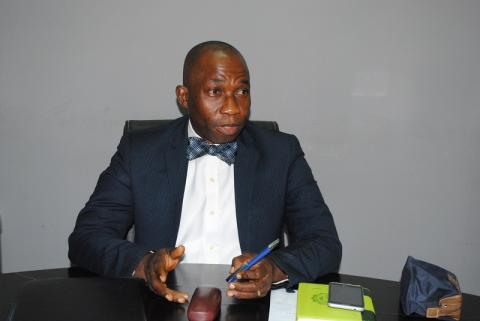
The DG also noted that the expansion of high-speed internet around the world, the proliferation of portable devices and the rise of online streaming platforms had made tackling illegal exploitation of rights more difficult.

The Nigerian Copyrights Commission (NCC) has disclosed that Nigeria loses N918trillion ($3billion) annually to the activities of pirates.
John Asein, the Director-General (DG) of the commission, made the disclosure at the 2019 World Intellectual Property Day held in Abuja on Friday.
Asein, represented by Abdul TerKohol, the Director, Legal Services, urged government to put in place adequate, responsive and effective legal frameworks for the protection and enforcement of sporting and associated industries rights.
He said with the advent of new technologies, the task of sport-related copyright had become more daunting.
The DG also noted that the expansion of high-speed internet around the world, the proliferation of portable devices and the rise of online streaming platforms had made tackling illegal exploitation of rights more difficult.
He said: “Thousands of websites that illegally stream sporting and entertainment content in real time threaten the copyright in content.
“For full potential of the sporting and associated industries to be realised, countries must put in place adequate, responsive and effective legal frameworks for the protection, administration and enforcement of rights.
“The intellectual property system, especially copyright, offers a practical and effective mechanism for achieving this."
According to Asein, intellectual property, particularly copyright, lies at the heart of the commercial exploitation of sports and contributes substantially to the growth of a community of players and fans whose net worth is more than $300billion.
He said Nigeria occupied a unique place in the world of sports, given its exploits and remarkable successes in various sporting events.
He urged stakeholders to continue to support government in its determination to build a functional copyright system that would deliver the expected dividends to right owners and guarantee sustainable development of sports.
Asein also advised beneficiaries of the intellectual property system to commit some of their earnings to rebuilding infrastructure required to keep the system functional.
He said the commission was prepared to collaborate with interested stakeholders to promote respect for intellectual property and complement government’s commitment to growing human capital in today’s knowledge-driven economy.